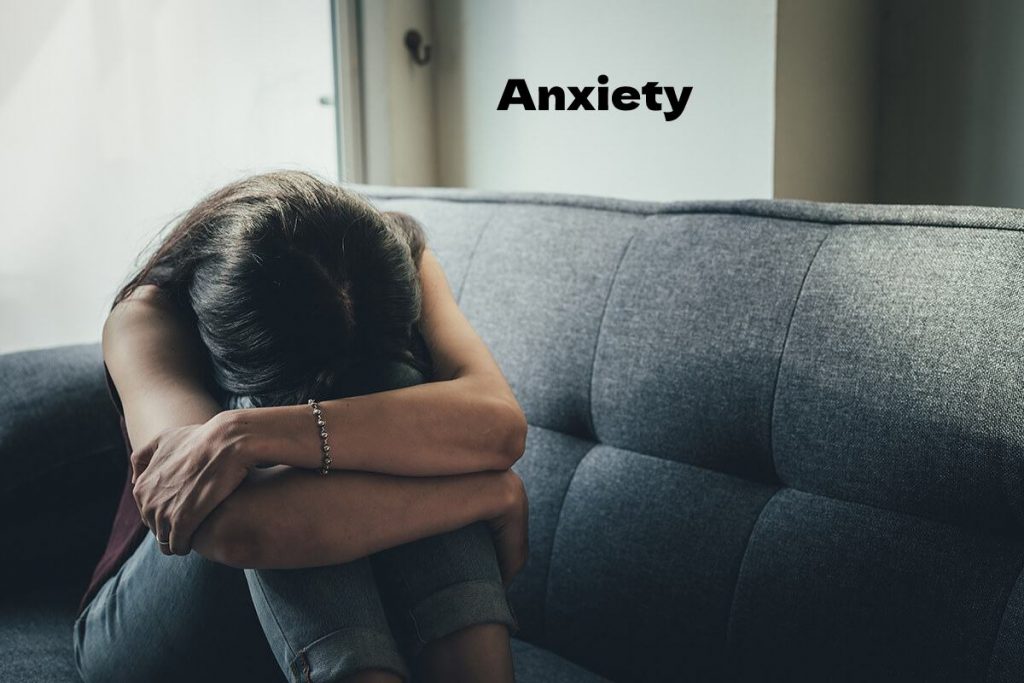Table of Contents
Definition
Anxiety makes you feel unwell. Adapting to anxiety can be challenging and often requires lifestyle changes. There are no changes in diet that can address anxiety, but what may help is to monitor your food.
Try These Steps
Eat breakfast, which includes some types of protein. Eating protein at breakfast can help you feel full longer and help keep your blood sugar level steady, so you can have more energy as you start your day.
Eat complex carbohydrates. Carbohydrates are believed to increase the amount of serotonin in your brain, which has a calming effect. Eat foods rich in complex carbohydrates, such as whole grains — for example, oatmeal, quinoa, whole grain bread, and whole wheat grains. Stay away from foods that contain little carbohydrates, such as sugary foods and drinks.
Drink a lot of water. Even mild dehydration affects your mood.
Pay attention to food allergies. Certain foods or food additives can cause some people disturbing physical allergic reactions. In some people, these physical interactions may lead to changes in mood, including skin irritation or anxiety.
Try to eat healthy, balanced meals. It is essential to eat healthy foods for overall physical and mental health. Eat plenty of fresh fruits and vegetables, and don’t overeat. Regular intake of omega-3 fatty acids, such as salmon may also help.
Making changes to your diet may make some difference to your mood or overall wellness, but it’s not a substitute for treatment. Lifestyle changes, such as improved sleep habits, increased social support, stress-reducing techniques, and regular exercise, may also help. Be patient, as it may take some time before these changes affect your anxiety.
If your anxiety is severe or interferes with your daily activities or enjoying life, you may need to take medical advice (psychotherapy), take medications, or other treatment.
There are some types of foods that may increase feelings of stress and anxiety, so it is recommended to avoid them and minimize them as much as possible, most notably:
Foods that Increase Anxiety
Refined Foods
Foods rich in refined sugars and simple sugars should be avoided. Eating them raises blood sugar levels quickly and temporarily, often ending up with hypoglycemia again, making the body feel tired and leading to feelings of stress and anxiety.
Irregular blood sugar levels may increase the secretion of stress and anxiety hormones, primarily cortisol and adrenaline.
The most prominent foods full of sugars are sweets, soft drinks.
Salt
Salt is a mixture of chloride, sodium, and sodium. In general, it contributes to raising blood pressure, which may increase the exertion on the heart, so it is recommended when dieting against stress and anxiety to stay away and reduce salt.
Caffeinated Beverages
Such as coffee, tea, energy drinks, and soft drinks are all sources of caffeine, which have harmful side effects when overeating during the day, including:
An increase in heartbeat.
High blood pressure.
Intestinal disorders.
Sleep disorders.
Some people can tolerate more caffeine than others. Still, some are highly caffeine even if they eat one cup and may face symptoms of anxiety and stress, which is why caffeine is not included in a diet against stress and anxiety.
Alcohol
Some people who drink alcohol may believe that alcohol associating with calm and relaxation, but it is the opposite, as alcohol causes the following:
Affects the functioning of nerves and various metabolisms in the body.
It leads to mood swings and depression, as alcohol hinders serotonin happiness hormone production processes.
Fluid and blood sugar levels change and may hinder and affect metabolism, leading to increased secretion of stress and anxiety hormones.
It leads to sleep disorders and insomnia, which in turn contributes to lousy mood and worsening things.
Instead of drinking alcohol as a sedative after a hard day, The recommendation is to go to a hot bath to help you relax.
Food Additives
To follow a diet against stress and anxiety, you should stay away from foods that contain food additives as they lead to:
Increase the chances of pressure, stress, and depression.
Disrupting the functioning of the nervous system.
Fresh and healthy foods free of any food additives are therefore recommended.
Fast Food
Fast Foods Have the Negatives:
High calories.
Poor Nutritional Value.
High Simple and Refined Sugars, Hydrogenated and Harmful Fats, Sodium.
All the substances mentioned may contribute to increased weight on the stomach, loss of concentration, and contribute to depression, anxiety, and stress.
Replace unhealthy fast food with salads and healthy meals containing complex carbohydrates, vegetables, and low-fat proteins.


